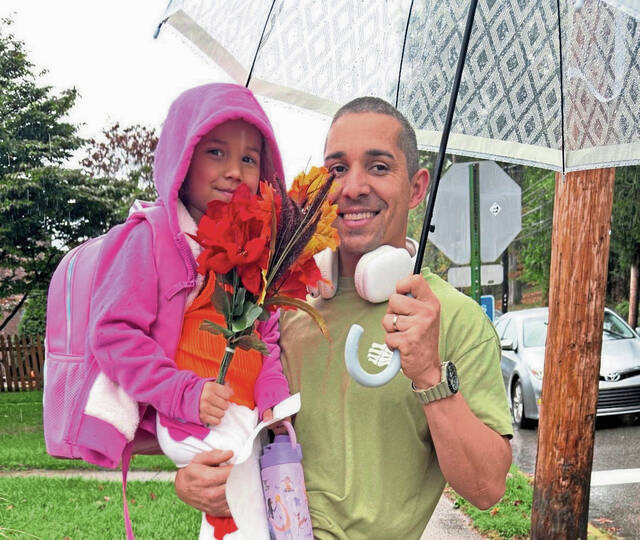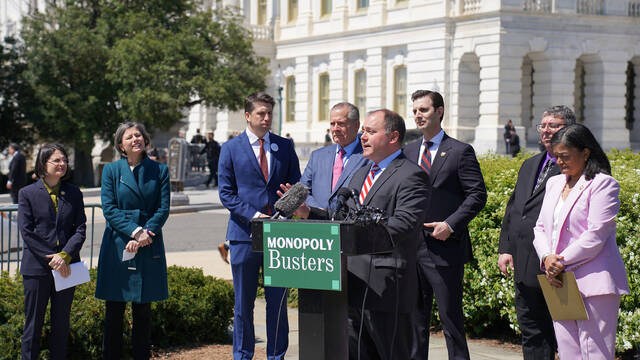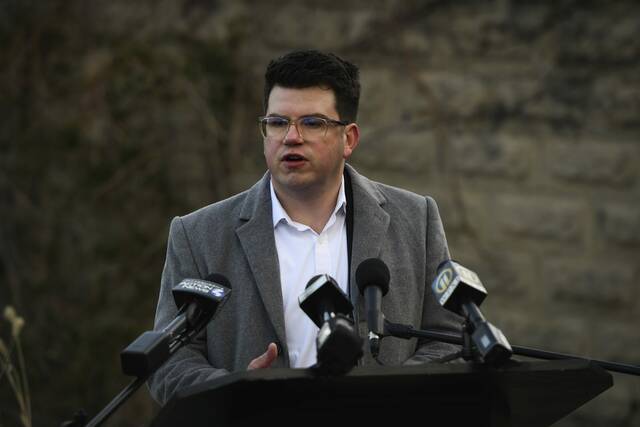Pittsburgh City Council on Wednesday advanced a bill to shrink the minimum size of lots for residential development, casting further doubt on the future of a broader housing reform package that has been stalled for months.
The measure, sponsored by Councilman Bobby Wilson, D-North Side, would allow developers to build housing on smaller lots than currently permitted. The goal is to make it easier to build more affordable housing, officials have said, though developers also could build market-rate housing on these smaller sites.
City Council members and residents who chimed in during recent public hearings are largely supportive of the measure.
But approving the bill on its own could strike a fatal blow to a larger, more controversial zoning reform package Mayor Ed Gainey and his supporters have touted as a way to bolster Pittsburgh’s affordable housing supply.
The proposal to shrink lot-size requirements was initially pitched as part of Gainey’s broader housing reform package, which included a mandate that all large housing developments in the city earmark a portion of the units as affordable housing.
Such requirements now are in effect only in a few neighborhoods where the housing market has skyrocketed in recent years.
That legislation to mandate what is known as inclusionary zoning has divided council members and the public.
Councilman Bob Charland, D-South Side, introduced a competing inclusionary zoning bill, which would allow neighborhoods to choose for themselves whether to enact an affordability mandate on new developments.
Charland’s proposal also would require the city to provide added funding to subsidize the affordable units and suggested different affordability metrics than the mayor’s bill.
With significant division among council members, neither Charland’s nor Gainey’s proposals seemed to have a clear path to approval.
So Wilson introduced separately the minimum lot size reform portion, which seems more likely to earn a quick blessing from council.
“This bill is a straightforward fix to an outdated part of the zoning code,” Wilson said. “It reduces the square footage required to build on a lot, nothing more.”
Councilwoman Barb Warwick, D-Greenfield, and her staffers helped draft the lot-size changes as part of Gainey’s larger package. But she was dismayed to see it move ahead without the inclusionary zoning portion, arguing it was meant to be an incentive to make the affordable housing mandate an easier pill for developers to swallow.
The idea was that allowing developers to build on smaller sites would help offset additional costs associated with the inclusionary zoning mandate.
“If we pass this before we do (inclusionary zoning)… then to me, it just feels like (inclusionary zoning) is dead,” Warwick said. “There will be no motivation for anybody.”
Council was divided in a preliminary vote Wednesday.
Anthony Coghill, D-Beechview, Theresa Kail-Smith, D-West End and Erika Strassburger, D-Squirrel Hill, joined Wilson and Charland in supporting the measure.
Councilwoman Deb Gross, D-Highland Park, voted against it, while Warwick and R. Daniel Lavelle, D-Hill District, and Khari Mosley, D-Point Breeze, abstained.
City Council is expected to take a final vote on the measure next week.








